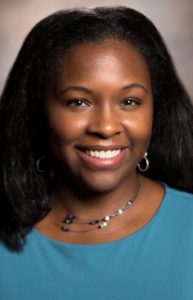UNC Health has promoted Crystal Wiley Cené, MD, MPH, FAHA, into a new role as System Executive Director for Health Equity. With funding from UNC Health Foundation, Dr. Cené will lead a multidisciplinary and collaborative effort to address the structures, policies, and practices that perpetuate health disparities and impede health equity in our state.
Tell us a little bit about your background. How did you get your start in medicine?
I grew up in Sneads Ferry, North Carolina – in Onslow County near Topsail Beach – with my mom and grandparents. I became interested in medicine at a very young age – my family tells me that I was pretty clear from the third grade on that I wanted to be a doctor. I think that’s because my mom was a nurse, and I saw the work she put in during school and when I would tag along with her to the hospital. I also grew up in a family with a lot of medical problems, so I was around sickness a lot. I just became interested in medicine, and in high school I started working at an OB-GYN office.
How did your experience growing up in rural North Carolina influence your work?
Access to health care was very poor in my small town. The nearest clinic or hospital was 30 minutes away, so we often relied on family and church members as the most trusted sources for health information and even “healthcare.” I was always very interested in family members who were engaged in the care of their loved ones. There are a few things that were my formative truths: families are important, communities are important and the health of people who have chronic illnesses is important. Looking back, I think that exposure and experience really shaped what I do now.
I went to college at UNC-Chapel Hill as a psychology major, and then I went to medical school at Brody School of Medicine at East Carolina University. I did a primary care residency in Connecticut at Yale. I always knew I wanted to take care of patients and their families, and I became interested in how family member involvement in care of adults with chronic illnesses changed the care they received and how families were involved in helping them live and cope with their illnesses. That actually became a focus of my research and work.
After my residency I realized I wanted to pursue a research fellowship because I was very interested in the experiences that I had clinically with patients, but I had so many questions that I wanted to answer in a rigorous way. So, I pursued a research fellowship that focused on health services research, which is what I’ve done for the past 15 years.
In my research, I’ve worked in partnership with communities because my community – my small town – was so formative. I became very interested in community-partnered research, so I like to work with community organizations and patient and family advisory councils.
It’s amazing to be looking back at so many steps along my path – you never know where you’re necessarily going, but if you trust the process and are guided by the right motives, you end up where you’re meant to be. It’s clear that everything I’ve done up to this moment has been preparing me for this.
What are some facts or statistics regarding health disparity in North Carolina that many people may not be aware of?
A lot of our disparities reflect what we know nationwide. We know that people of color have higher rates of almost every chronic illness – diabetes, high blood pressure, stroke, end stage renal disease. All of those disproportionately affect Black, indigenous and people of color in North Carolina.
Maternal and infant mortality rates are also high among these populations. Even in places where these population proportions are lower, the high rates stay the same. In an area like Asheville, the infant mortality rate among Black infants is about three times higher even though the Black population is low.
It’s also important to note that these disparities are consistent across the income spectrum – not just seen in poorer patients. We see higher death rates from cancers, even cancers where the incidence rate is low, which means that even if even if blacks or people of color are less likely to be diagnosed, they are still more likely to die from their disease. There are also many disparities with regard to the environment when considering the resources people have access to in their communities or even where resources are placed. For example, pollution from intensive livestock operations are more likely in rural and underserved communities.
Our disparities are broad and pervasive. There are some unique things about North Carolina – we tend to be more rural, so the rural and urban disparity is apparent.
How has the COVID-19 pandemic exacerbated health inequity across North Carolina and beyond?
Blacks and Latinx populations in North Carolina in particular are disproportionately affected by COVID-19. Latinx populations are more likely than Whites to get COVID-19 even though they are not more likely to die from it. Another interesting trend we have seen in North Carolina is that the Black population is not statistically more likely to acquire the virus than other populations, but they are twice as likely to die from it.
The thinking for a long time was, “If we get underserved people access to care, it will eliminate all of these disparities.” The decades of research and literature we have seen has demonstrated that we have much more work to do than that. By far, the largest drivers of health are social determinants and behaviors. We want to be careful to take this context into account for populations as well while addressing the disparities in medical care.
As a health system, it really pushes us to think about our role. We can’t just focus on the people that show up in our clinics and hospitals, we have to do outreach and form partnerships with communities, because that’s where people are coming from and where many of the sources of these disparities are.
Tell us about the role philanthropy has played in your work so far and how it will make a difference on the road ahead.
Philanthropy is critical with my work around health equity because it takes a village. This is not my work, not the work of any one person – it takes all of us, all sectors of society. From clinicians to educators to everyday citizens, everyone has to play a role in addressing this. Philanthropy to me says, “we’re all in this together.” A lot of times, other sources of funding such as government grants, while incredibly helpful, are a slow process. It really makes it such that you can’t move quickly and pivot and do the work that needs to be done. Priorities and needs change so fast – we need to be able to get resources and partners so we can do work, and do it quickly, because the need is there. Philanthropy allows us to address issues quickly in ways that other types of funding don’t.
I can’t talk about equity without talking about structural racism and structural drivers of inequity. Black people are dying, they’re being murdered. We could debate the merits of a lot of things about that, but the reality is that these things continue to happen.
People who give are passionate about the issues they contribute to and make the best partners because they’re in it with you and invested in the outcome. They have already thought about potential problems, and probably potential solutions. Philanthropy is the opportunity to talk to people and say, “What are your issues? What are the things you care about?” and we can figure out how our issues and concerns best align – how we can do good work. It is the most special way to do work in partnership, and it’s critical.
With philanthropic funding, I have the opportunity to get to know the story of the person behind the effort. I’m a relational person – I want to know your story and I want you to know mine, and I want to know what drives you to do what you do.
And finally, what’s your favorite pastime outside of work?
Being outside! I grew up by the beach – I’m happiest any time I can be out in the sun, reading a book or looking at the ocean.
For more information on how to support Dr. Cené’s work and health equity initiatives at UNC Health, please contact Martin Baucom, Vice President for Development – UNC Health Foundation, at martin_baucom@med.unc.edu.

One Response to “Q & A With Crystal Cené”
Garnet Persinger
I’m excited to read about Dr. Cene and the position and work at UNC. I’m a member of a small church near Chapel Hill and in a small group focused on dismantling racism–and interested in action not just discussion. Besides donations, what might be ways we might get more information or realistically help? Our church was starting to launch weekly community dinners but we had to delay our launch due to the pandemic. We hope to get that going as soon as possible. Thank you for the work!